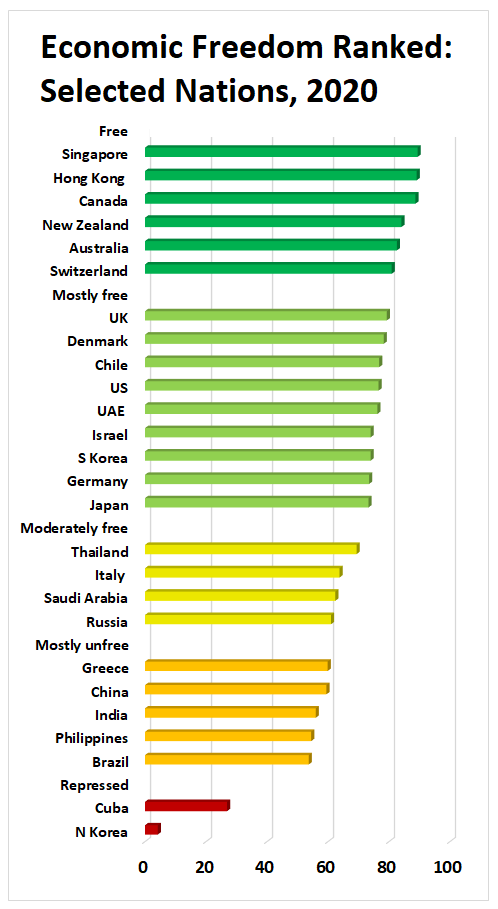Capitalism as Victim of Covid-19? Salon
The pandemic and climate change demonstrate that survival depends on the ability to learn while relying on best evidence. Political leaders who downplay or deny the consequences of Covid-19 and climate change – trying to protect economies for the short term, rejecting early warnings and refusing to adapt – actually risk more economic damage. Such disasters also show that the free-market capitalist system is inherently unsustainable, argues Matthew Rozsa for Salon. Free-market capitalism depends on rising levels of consumption, and yet the pandemic and climate change are both cases when societies must slow consumption and distribute subsidies to both individuals and businesses. Societies must confront the reality of a population of nearly 8 billion and a planet with finite resources, suggests Michael Mann of Penn State University. Citizens can learn from disasters and support system changes that reduce inequality. If benefits go to only a few, radicalization increases and threatens security. Rozsa urges applying scientific knowledge for the betterment of all or risk creating an unlivable world. – YaleGlobal
Capitalism as Victim of Covid-19? Salon
The pandemic exposes how political attacks on science, rejecting evidence, have become the only way to maintain a capitalist order that benefits a few
Thursday, June 18, 2020
Read the article from Salon about the Covid-19 pandemic and climate change showing the shortcomings of free-market capitalism.
Matthew Rozsa is a staff writer for Salon. He holds an MA in History from Rutgers University-Newark and is ABD in his PhD program in History at Lehigh University. His work has appeared in Mic, Quartz and MSNBC.

Salon
Copyright © 2020 Salon.com